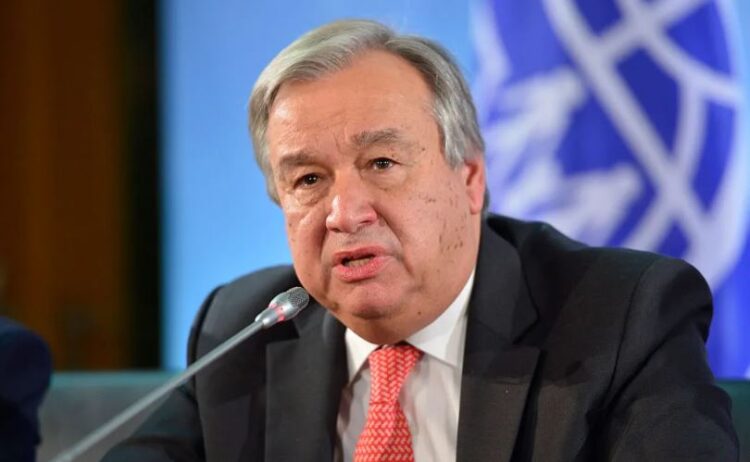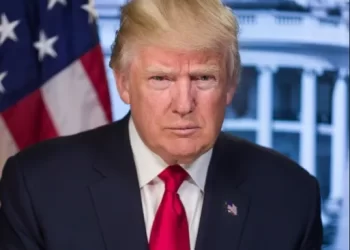Following actions taken by the country to alleviate the impact of violent conflicts on children, UN Secretary-General Antonio Guterres has withdrawn India off the list of nations that require attention.
“In view of the measures taken by the Government to better protect children, India has been removed from the report in 2023” on Children and Armed Conflicts (CAAC), he wrote in the report released on Tuesday.
Separately, his CAAC report stated that five children were killed by cross-border firing from Pakistan last year.
Last year, Guterres’ assessment noted “grave violations” in India by both terrorist groups and government troops, as well as the recruitment of youngsters by Kashmir-based terror organizations. Earlier reports had also revealed Maoist recruiting of youngsters.
Guterres stated in his last report delisting India, “I welcomed the engagement of the government of India with my Special Representative” Virginia Gamba to protect children.
He stated that the office of the Special Representative has dispatched a technical delegation to find areas of collaboration for child protection. He mentioned that the Indian government sponsored a workshop on child protection last year in Kashmir with UN participation.
He stated that the office of the Special Representative has dispatched a technical delegation to find areas of collaboration for child protection. He mentioned that the Indian government sponsored a workshop on child protection last year in Kashmir with UN participation.
His research painted a bleak picture of the global situation of children caught up in armed conflicts, with grave breaches increasing last year to 27,180 from 23,982 in 2021.
According to the report, last year’s occurrences involved 18,890 children – 13,469 boys, 4,638 girls, and 783 youngsters of uncertain gender – in 24 circumstances and one regional monitoring setup.
According to the report, 2,985 children were died and 5,666 were maimed during the year.
Explaining the steps involved in getting India off the list, Gamba said, “India came forth two years ago to our offices and to our people on the ground, resident coordinator in Delhi as well as the UNICEF representative in the country, and indicated that they were ready to start engagement to see if they can put in place measures that could be sustained through time that would allow for them to be removed.”
While the agreed-upon measures are confidential, she said that Guterres’s report gives an idea of them when it lists steps to be completed. Guterres’s report lists “the training of armed and security forces on child protection, the prohibition of the use of lethal and non-lethal force on children, including by ending the use of pellet guns, ensuring that children are detained as a last resort and for the shortest appropriate period of time, and to prevent all forms of ill-treatment in detention, and the full implementation of the Juvenile Justice (Care and Protection of Children) Act and the Protection of Children from Sexual Offences Act.”
“We have been working with them very closely on this pattern”, she added.
When asked about the armed groups named in prior assessments, such as the Lashkar-e-Tayyba and the Maoists, she stated, “it’s always very difficult when you’re in a situation of concern with no listed parties.”
“As a result, there is no need or obligation to have a joint action plan,” she continued.
Terrorist groups operating in India are not as organized, hierarchical, or widespread as those in nations such as Colombia, making it impossible to deal with them.
Meanwhile, according to the most recent CAAC data, there were 23 occurrences of grave violations against minors in Pakistan. According to the report, three children were killed and 17 were maimed by “unidentified armed elements.”
“Three school attacks were also reported,” it stated, “including one involving the use of improvised explosive devices against a girls’ middle school.”
Source:IANS







 Finance
Finance







